Climate science
-
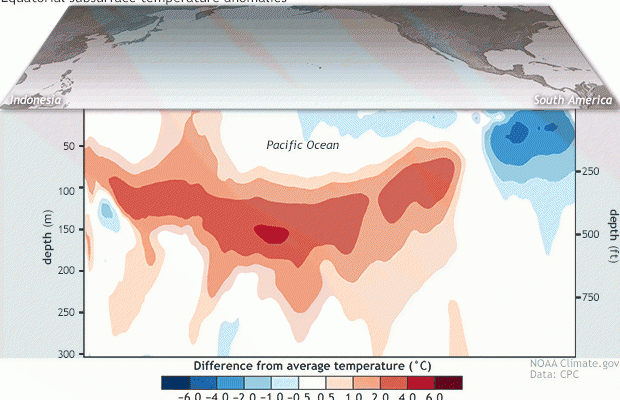
The latest ENSO update from NOAA at Climate.org shows that a blob of warmer than normal temperatures is slowly moving eastward under the surface of the equatorial Pacific Ocean and should displace the cold water that remains from the fading La Niña in the next few months. That has increased the chances of an El…
-
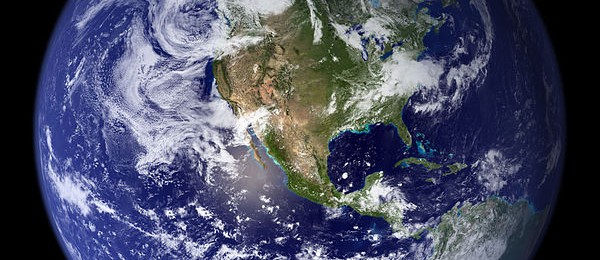
If you listen to local media of either party talk about recent trends we have seen in climate, you will notice that some outlets use “climate change” to discuss the trends while others use “global warming”. Scientists generally prefer “climate change” because the changes we are seeing to the climate due to humans, including land…
-
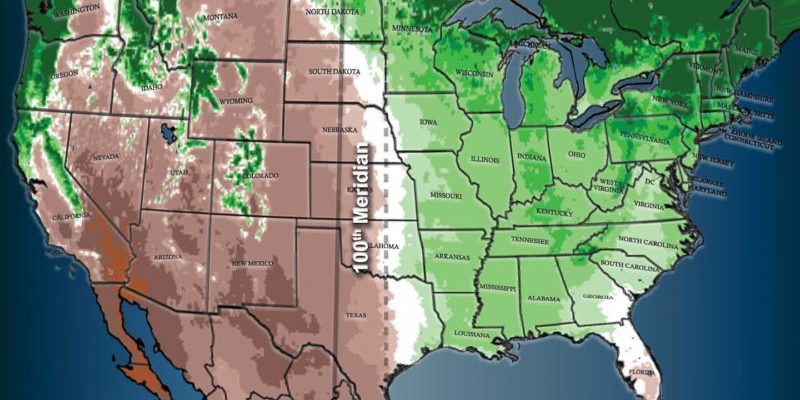
I spent a summer in Fort Worth, Texas, where they define the difference between their fair city and their nearest neighbor as “Dallas is where the East peters out, and Fort Worth is where the West begins.” But there is also a climatological difference between the two places, with drier conditions at Fort Worth than…
-

Floods are a liquid disaster caused by heavy precipitation or training storms which drop their moisture over the same spot over and over again. Slow-moving storms and saturated soils can contribute to the volume of water that comes down the river channels. In some parts of the country, rain falling on snow makes rapid snowmelt…
-
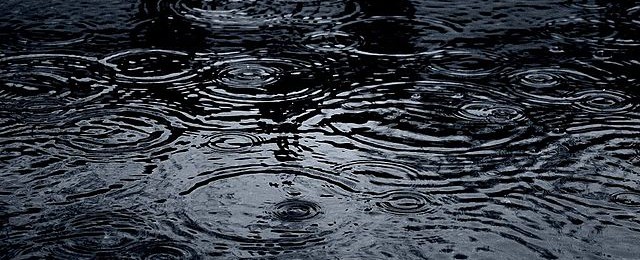
Some recently published research by a group of Florida State University scientists has shown that while total rainfall across Florida has remained constant, urban areas are receiving that rain in shorter, more intense bursts than areas that are rural in nature. Their research links this to changes in land use and land cover in the…
-

NOAA’s latest climate blog features a post from Kathryn Hansen of NASA on recent trends in the onset of spring as measured by ecologists at national parks across the US. They tabulated the time of blooms and first leaf of key species like cherries and looked the trends in those times to determine the onset…
-
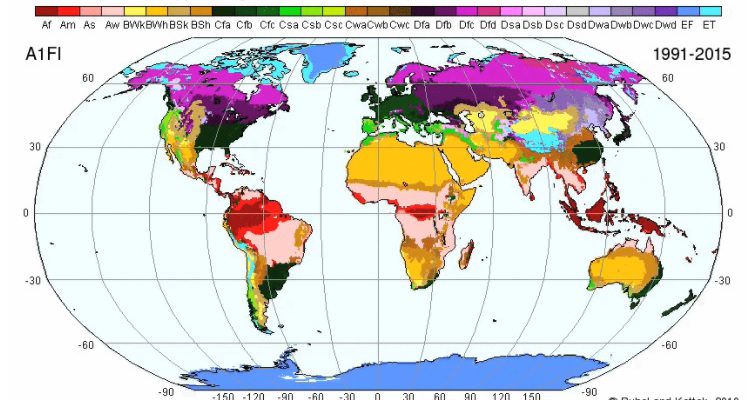
The Köppen-Geiger climate classification scheme is used by geographers to categorize different climate zones by temperature and precipitation. By looking at how those are likely to change over time, scientists have created this animated map showing how those zones are likely to move as the climate gets warmer. In the Southeast we don’t see many…